 Last Saturday (25th September) was national Research Administrators Day, so this week, RDS are celebrating the wonderful research administrators at BU that develop, support and enable research activity at BU. The breadth of activities that our colleagues play an important role in is extensive; from the development of funding applications (using the mind-boggling financial methodology and systems our funders require), the submission of complex returns such as the Research Excellence Framework (apparently, it’s supposed to be less bureaucratic now?) through to the day-to-day management of grants (and if you’ve ever been involved in an EU audit, you’ll understand the complexities of this).
Last Saturday (25th September) was national Research Administrators Day, so this week, RDS are celebrating the wonderful research administrators at BU that develop, support and enable research activity at BU. The breadth of activities that our colleagues play an important role in is extensive; from the development of funding applications (using the mind-boggling financial methodology and systems our funders require), the submission of complex returns such as the Research Excellence Framework (apparently, it’s supposed to be less bureaucratic now?) through to the day-to-day management of grants (and if you’ve ever been involved in an EU audit, you’ll understand the complexities of this).
Allied throughout the research lifecycle are our specialists with expert knowledge in myriad of essential areas including technology transfer, research ethics, public engagement, clinical governance and the development of impact case studies. To name but a few!
Why do we need research administrators?
It wasn’t so very long ago that academics were expected to understand and execute all aspects of research and knowledge exchange. However, as the research ecosystem has matured and government investment has increased, professionalisation has accelerated. But why do we need specialist staff for this? Reasons include:
- Our funders require it. Many (including UKRI, the British Academy etc) require applications to be submitted through a dedicated office having completed institutional checks (normally coupled with a complex set of systems to navigate). They also require many returns to be co-ordinated at an institutional level.
- In a world where information is ever more prevalent, we have a key role to play in horizon scanning for policy developments and funding opportunities that will impact the University’s research trajectory.
- We figure out how to make things happen (research projects, establishing new initiatives etc), co-ordinating across departments.
- We engage nationally and internationally to embed good practice within BU.
- We ensure our academic community can focus their precious time on making the magic of research happen; not reading the latest 4,691 page missive on the specificities of EU post-award processes* etcetera.
This is of course just a snapshot and if you want to read more, I’d suggest taking a look at this article published in Nature, which highlights that “With research administrators doing all that work, scientists can be left to do the good work they do in the world.”
How can I get involved in celebrating BU’s Research Administrators?
Research Administration is not a career for those seeking glory or riches, in-fact, it’s probably one of the worst career choices if either of those is your primary motivation. So, what does motivate people to become research administrators? Over the years I’ve noticed that a lot of ‘Research Office’ staff (at BU and beyond) stay in the profession owing to a love of research and a desire to make a difference to society. My colleagues are also inherently helpful people who derive great professional satisfaction from solving tricky challenges to enable their colleagues and ensure the University progresses its research agenda. These unsung heros would never say it, but they so also appreciate to know that their efforts are noticed and valued by the community that they serve.
So, if you would like to celebrate our Research Administrators, please email me directly with your feedback on how important research administrators are to you, so I can share your comments (anonymously or not) with the wider team.
Personally, I would like to say a huge thank you to the wonderful team within RDS who I couldn’t be prouder to count as my colleagues. It is a diverse team that brings a breadth of expertise to the University, often working under considerable pressure with few resources. Congratulations to you all on National Research Administrators Day (week).

*I jest, but only slightly!
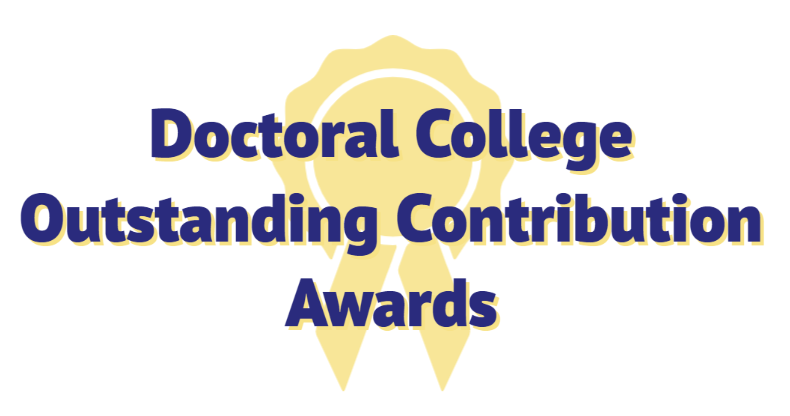
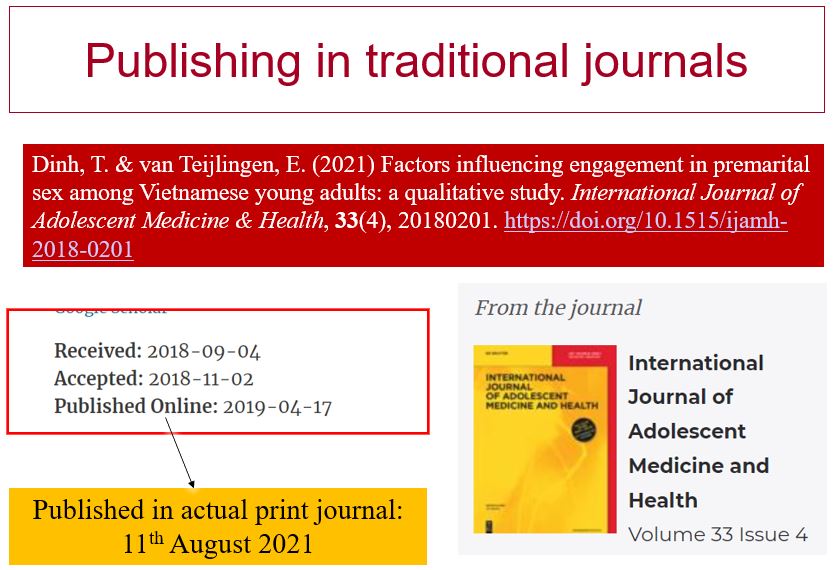
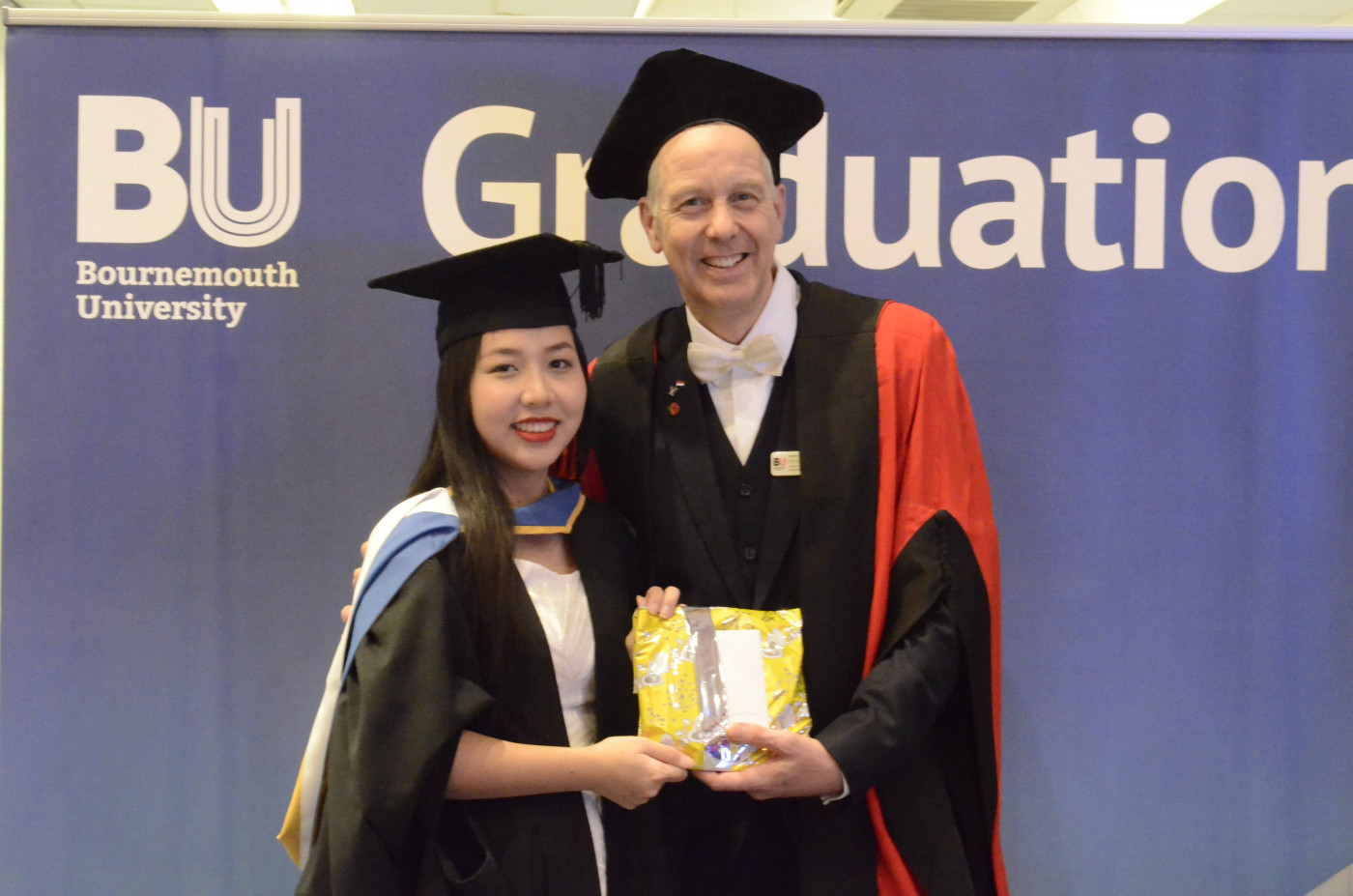
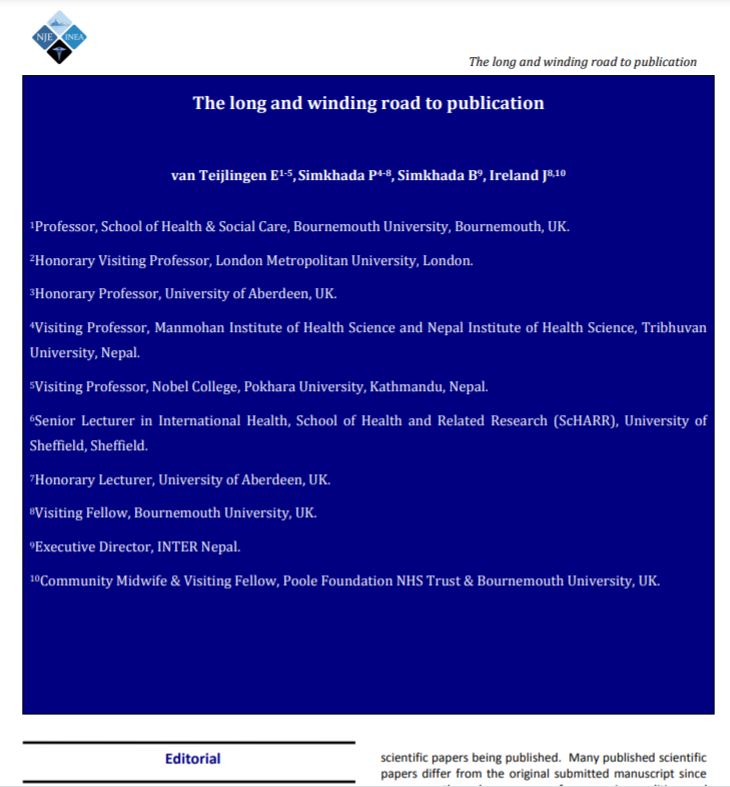
 Last Saturday (25th September) was national Research Administrators Day, so this week, RDS are celebrating the wonderful research administrators at BU that develop, support and enable research activity at BU. The breadth of activities that our colleagues play an important role in is extensive; from the development of funding applications (using the mind-boggling financial methodology and systems our funders require), the submission of complex returns such as the Research Excellence Framework (apparently, it’s supposed to be less bureaucratic now?) through to the day-to-day management of grants (and if you’ve ever been involved in an EU audit, you’ll understand the complexities of this).
Last Saturday (25th September) was national Research Administrators Day, so this week, RDS are celebrating the wonderful research administrators at BU that develop, support and enable research activity at BU. The breadth of activities that our colleagues play an important role in is extensive; from the development of funding applications (using the mind-boggling financial methodology and systems our funders require), the submission of complex returns such as the Research Excellence Framework (apparently, it’s supposed to be less bureaucratic now?) through to the day-to-day management of grants (and if you’ve ever been involved in an EU audit, you’ll understand the complexities of this).


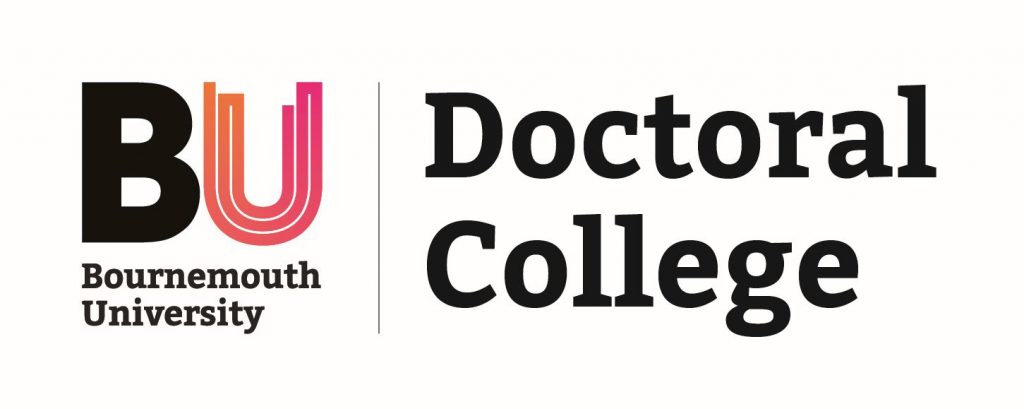


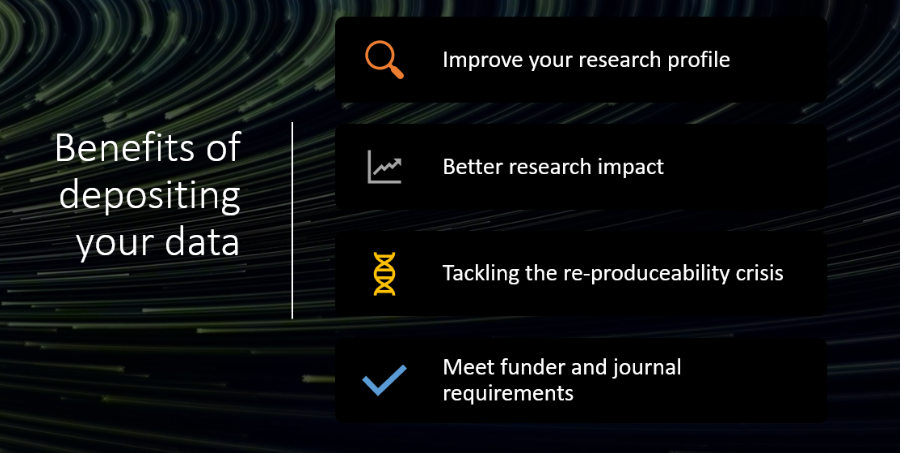
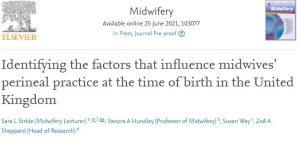

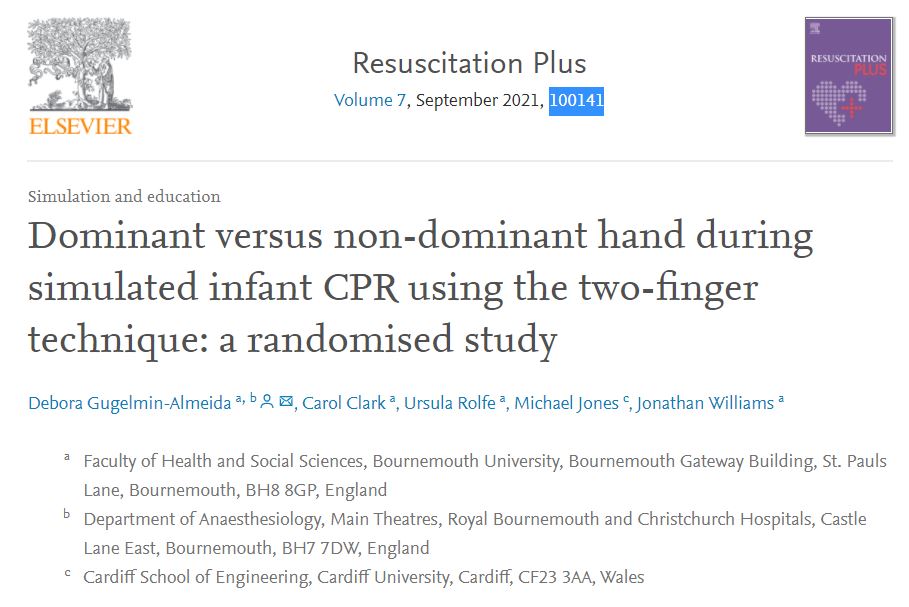
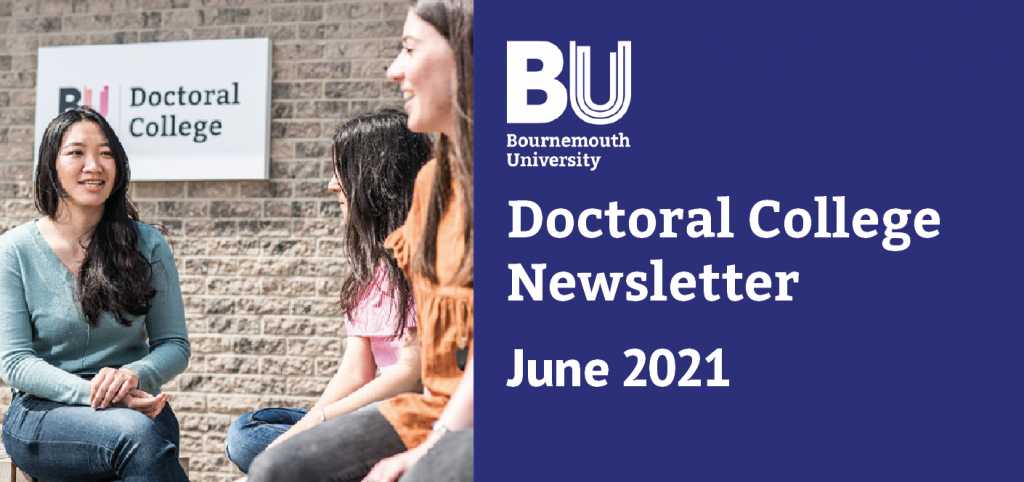











 New weight change BU paper
New weight change BU paper One week to go! | The 16th Annual Postgraduate Research Conference
One week to go! | The 16th Annual Postgraduate Research Conference Geography and Environmental Studies academics – would you like to get more involved in preparing our next REF submission?
Geography and Environmental Studies academics – would you like to get more involved in preparing our next REF submission? Congratulations to three former BU staff
Congratulations to three former BU staff MSCA Staff Exchanges 2024 Call – internal deadline
MSCA Staff Exchanges 2024 Call – internal deadline Applications are now open for 2025 ESRC Postdoctoral Fellowships!
Applications are now open for 2025 ESRC Postdoctoral Fellowships! Horizon Europe – ERC CoG and MSCA SE webinars
Horizon Europe – ERC CoG and MSCA SE webinars MaGMap: Mass Grave Mapping
MaGMap: Mass Grave Mapping ERC grants – series of webinars
ERC grants – series of webinars